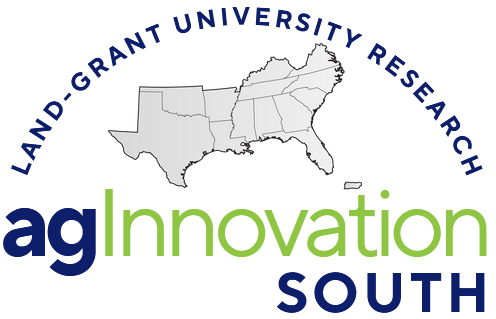
S_TEMP1782: Public Issues Education Program
(Multistate Research Project)
Status: Inactive/Terminating
S_TEMP1782: Public Issues Education Program
Duration: 10/01/2007 to 09/30/2012
Administrative Advisor(s):
NIFA Reps:
Non-Technical Summary
Statement of Issues and Justification
The Public Issues Education Program (PIEP) SERA is being created to provide a framework for public policy education including providing process education, resources, support, information exchange and professional development for Land Grant University research and Extension professionals and faculty. Addressing points A-F: A. Stakeholder education programs and analyses that critically address public policy issues are needed in order to for them to make informed decisions. Multiple SAAESD Priority Areas that would be addressed seem to fit under the PIEP. Those that seem to fit best are: a. Goal 1. J. Public policy and economics of agricultural production systems. b. Goal 2. A. Food safety. Included would be issues such as COOL for example. c. Goal 3. B. Food choices for optimum nutrition and individual health. Examples would be recent criticisms of the farm bill as characterized in such articles as Is the farm bill making us fat. This would include D. Interrelationships of food animal health and animal health. d. Goal 4. A. Air, soil and water resources conservation and enhancement as it relates to policy. C. Multiple uses of agricultural lands. G. Environmental policy and regulations. e. Goal 5. A. Economic and policy analysis of agricultural industrialization. B. Rural community development and revitalizing rural economies. C. Risk management and assessment in agricultural systems as it relates to policy. D. Suburbanization of rural areas. And F. Agriculture-related social and consumer concerns. B. For more than 50 years Farm Foundation, through its National Public Policy Education Committee (NPPEC) conferences, promoted public policy education. Changes in Extension staffing and budgets, as well as the nature of public policy issues in agriculture, natural resources, community development, and the food system necessitate a new approach to providing these tools and to provide professional development for public policy educators and in turn for the publics they serve. The NPPEC has been disbanded and policy education objectives are not being addressed in any coordinated or centralized way. C. No technical infeasibility exists to the continuation of public issues education programming and analysis. D. The Southern SERA-PIEP is proposed to pick up and continue the work of the NPPEC. SERA provides a framework around which the PIEP can organize to work. Support of the Directors is critical to the support of this effort. Since issues and public policies are developed at state and national level, multi-state collaboration is needed to account for variations in economic, social and production parameters. E. Public Issues educators are not very numerous. Multi-state organization will allow collaboration and a multiplying of analysis and education programming efforts. Other anticipated benefits and products to be developed from this project include: * Improvements in the capacity of educators to provide objective issues education programs and analyses. * Development of new methodological frameworks. * Providing a repository for peer reviewed work products. * Providing meetings, programs and printed materials for professional development and networking opportunities for faculty and stakeholders and for carrying these to stakeholders. * Providing awards and recognition for outstanding programs. * As appropriate, pursue opportunities to publish articles and enhance expertise and provide other scholarship opportunities for professionals. F. In addition to Land Grant faculty and professionals, stakeholders include non-Land Grant faculty, related professional associations, leadership organizations linked to the Land Grant system, rural development centers, and community leadership organization. Researchers, Extension educators, county partners, local, state and national governments, elected officials, NGOs and community leadership organizations will all benefit from PIEP work.
Related, Current and Previous Work
Objectives